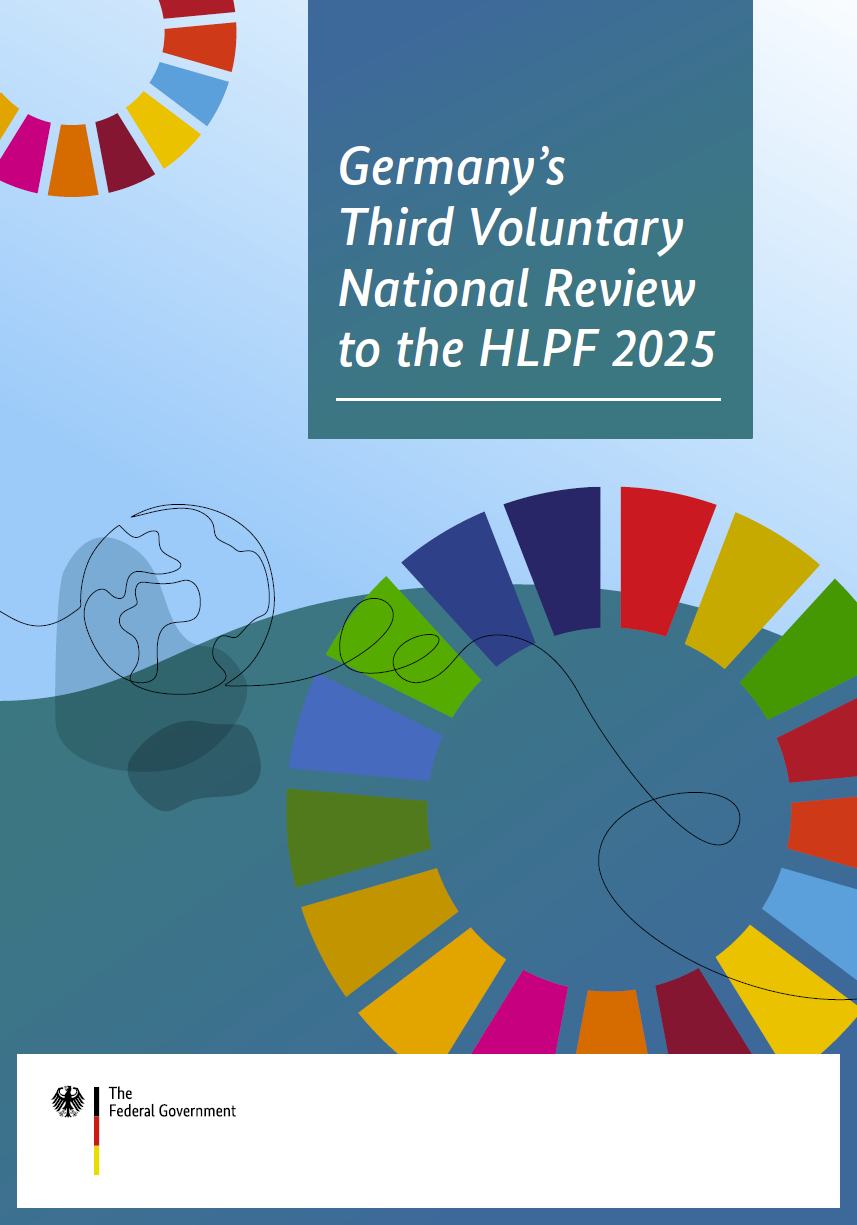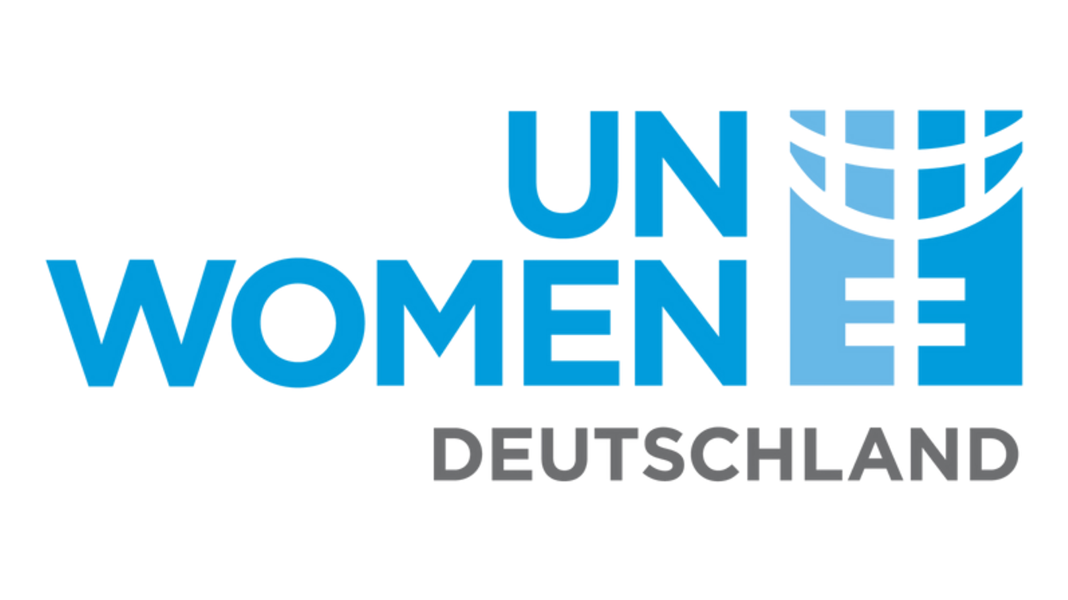VNR 2025 Contribution by UN Women Deutschland e.V.
The realisation of gender equality is one of the fundamental prerequisites for sustainable development. The guidelines for Feminist Foreign Policy and the strategy for Feminist Development Policy, together with the systematic application of UN Security Council Resolution 1325, form an indispensable basis for this. That basis must continue to be expanded.
However, the three Rs (women's rights, resources and representation) laid down in Germany's feminist foreign and development policy must be implemented across ALL policy fields – including in national policies within Germany. Gender equality must become the guiding principle for all policy fields. The systematic use of gender impact assessments in combination with gender budgeting and a national gender equality strategy that is part of national legislation can help achieve the necessary acceleration of progress. This also means that all transformation processes must include an intersectional gender perspective.
In order to realise gender equality, structural disadvantages must be overcome, both nationally and internationally. This is the only way to achieve women's equal participation in all sectors of society, their economic independence, equal pay for equal work and for work of equal value, fair distribution of unpaid care work, improved work-family balance, equal opportunities for employment and advancement, and gender parity in parliaments and in leadership positions in governments, administrative bodies, the private sector, academia etc. – in short, equal opportunities to realise one's potential. By introducing binding and effective regulations to overcome structural disadvantages, such as the German Act on the Equal Participation of Women and Men in Leadership Positions in the Private and the Public Sector (FüPoG I and II), progress can be achieved in the short to medium term. Relying on voluntary action, by contrast, stalls progress. Investing in gender equality means investing in a better future for all, both nationally and internationally.
A life free of violence and the freedom to decide about their sexual and reproductive rights must become reality for all women and girls.

